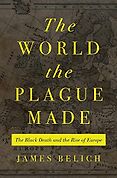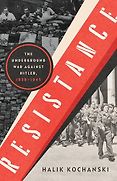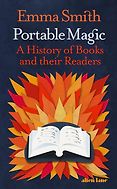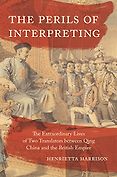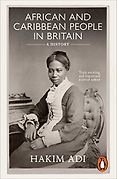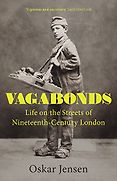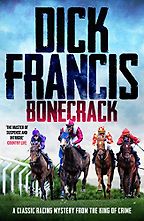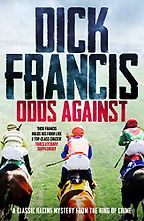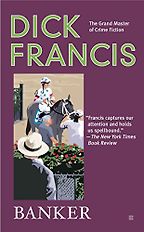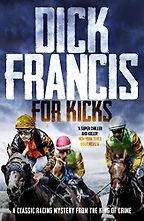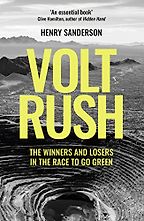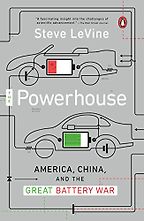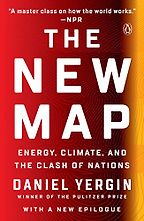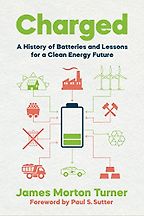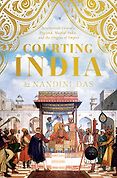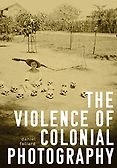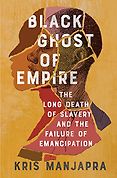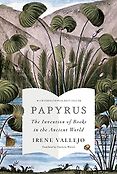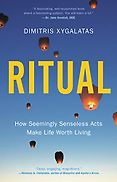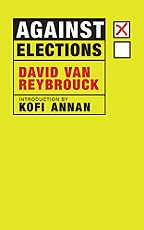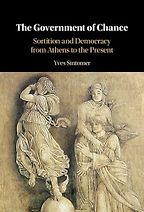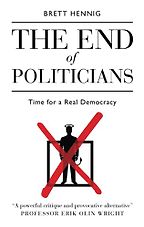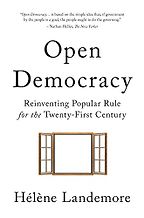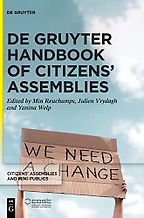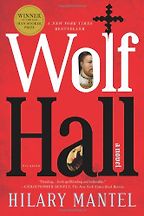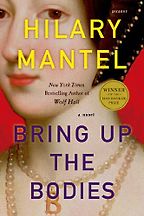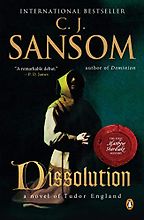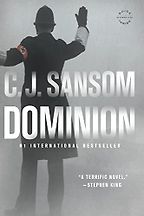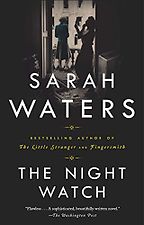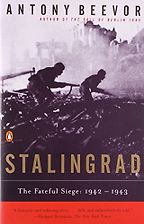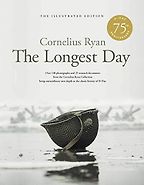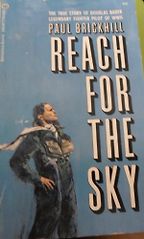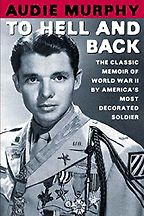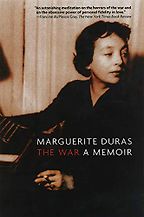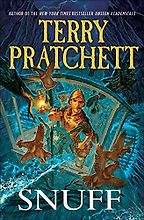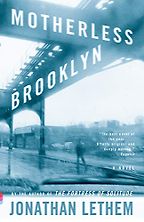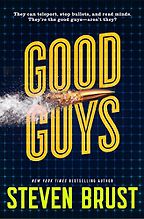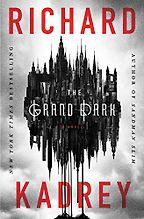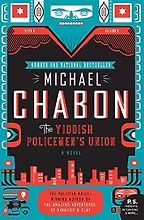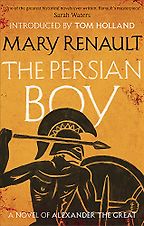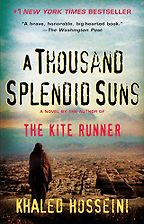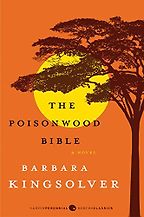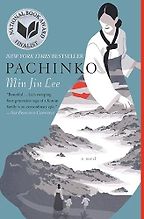Interviewer

Sophie Roell, Editor
Sophie Roell is co-founder and editor of Five Books. Previously she worked as a journalist in London, Beijing, Shanghai and New York. As a financial reporter, she covered the early years of the Chinese stock markets and the transition of its economy after Deng Xiaoping’s 1992 tour of the south. She wrote about the North Korean economy from Pyongyang in 2001.
She studied modern history as an undergraduate at Oxford and, after travelling the world as a reporter for five years, took the Master’s in Regional Studies-East Asia at Harvard University. This wonderfully flexible program insists on at least one East Asian language and some courses on East Asia, but leaves plenty of room to roam about the university taking courses on random subjects. Five Books, set up in 2009, is an attempt to continue that experience.
Below, you’ll find Sophie’s Five Books interviews with experts. Her own recommendations, normally nonfiction, are here. She also reads a lot of mysteries.
Interviews by Sophie Roell
-

1
The World the Plague Made: The Black Death and the Rise of Europe
by James Belich -

2
Resistance: The Underground War in Europe, 1939-1945
by Halik Kochanski -

3
Portable Magic: A History of Books and Their Readers
by Emma Smith -

4
The Perils of Interpreting: The Extraordinary Lives of Two Translators between Qing China and the British Empire
by Henrietta Harrison -

5
African and Caribbean People in Britain: A History
by Hakim Adi -

6
Vagabonds
by Oskar Jensen
The Best History Books of 2023: The Wolfson History Prize, recommended by Sudhir Hazareesingh
The Best History Books of 2023: The Wolfson History Prize, recommended by Sudhir Hazareesingh
The Wolfson History Prize is the UK’s most prestigious history book prize. The judges, all professional historians, pick out books that combine excellence in research with readability. Oxford University historian Sudhir Hazareesingh, one of the Wolfson judges and author of Black Spartacus, talks us through the six terrific books that made the 2023 shortlist, from the Black Death and its critical impact on economic development to the magic of our relationship with books. Read more history book recommendations on Five Books
The Best Locked-Room or Puzzle Mysteries, recommended by Tom Mead
In the Golden Age of mystery between the two World Wars, writers loved to devise fiendish plots where seemingly impossible crimes were committed. Tom Mead, author of two ‘locked-room’ mysteries set in the 1930s, introduces us to some of his favourite books in the genre, from the Golden Age itself to books written in more recent decades that pay tribute to its traditions.
The Best Dick Francis Books, recommended by Felix Francis
There are now 56 Dick Francis books. 39 of them were written by Richard Francis (1920-2010), a champion jockey who rode for the Queen and the Queen Mother before retiring and turning to a career as a writer. Since then, they’ve been written by his son, Felix Francis, who has continued writing thrillers in the style of his father. Felix’s latest book, set at the bloodstock sales in Newmarket, is No Reserve, published by Zaffre at £20.
-

1
Volt Rush: The Winners and Losers in the Race to Go Green
by Henry Sanderson -

2
The Powerhouse: Inside the Invention of a Battery to Save the World
by Steve LeVine -

3
The New Map: Energy, Climate, and the Clash of Nations
by Daniel Yergin -

4
Charged: A History of Batteries and Lessons for a Clean Energy Future
by James Morton Turner -

5
Cobalt Red: How the Blood of the Congo Powers Our Lives
by Siddharth Kara
The best books on Batteries, recommended by Lukasz Bednarski
The best books on Batteries, recommended by Lukasz Bednarski
As the world turns to electric vehicles and renewable energy to help stave off a climate crisis, there will be huge changes for individuals, industries and even the world geopolitical order. Lukasz Bednarski, a battery analyst, former rare metals trader, and author of Lithium, The Global Race for Battery Dominance, talks us through some of the books that shed light on what’s going on, from the cobalt mines in the Democratic Republic of Congo to the high-tech labs where the latest battery technology is being developed.
-

1
Red Memory: The Afterlives of China's Cultural Revolution
by Tania Branigan -

2
Courting India: England, Mughal India and the Origins of Empire
by Nandini Das -

3
The Violence of Colonial Photography
by Daniel Foliard -

4
Black Ghost of Empire: The Long Death of Slavery and the Failure of Emancipation
by Kris Manjapra -

5
Papyrus: The Invention of Books in the Ancient World
by Irene Vallejo -

6
Ritual: How Seemingly Senseless Acts Make Life Worth Living
by Dimitris Xygalatas
The 2023 British Academy Book Prize for Global Cultural Understanding, recommended by Madawi Al-Rasheed
The 2023 British Academy Book Prize for Global Cultural Understanding, recommended by Madawi Al-Rasheed
The annual British Academy Book Prize seeks out books that promote ‘global cultural understanding’—something we could all do with more of right now. Anthropologist Madawi Al-Rasheed, a visiting professor at LSE and one of the prize’s judges, talks us through the six excellent books that made the 2023 shortlist, from the ancient Library of Alexandria to fire walking in contemporary Greece.
-

1
Against Elections
by David Van Reybrouck -

2
The Government of Chance: Sortition and Democracy from Athens to the Present
by Yves Sintomer -

3
The End of Politicians: Time for a Real Democracy
by Brett Hennig -

4
Open Democracy: Reinventing Popular Rule for the Twenty-First Century
by Hélène Landemore -

5
De Gruyter Handbook of Citizens’ Assemblies
edited by Min Reuchamps, Julien Vrydagh and Yanina Welp
The best books on Citizens’ Assemblies, recommended by Hugh Pope
The best books on Citizens’ Assemblies, recommended by Hugh Pope
Around the world, democracies are struggling with angry populations who are fed up with politicians who don’t seem to represent them effectively. Fortunately, there’s an alternative. Hugh Pope—a veteran reporter on the Middle East who also spent 15 years working for International Crisis Group—introduces us to the growing movement for ‘citizens’ assemblies’, where ordinary people get together to decide what’s best for the community. He argues that these assemblies have already been used effectively on important issues that are difficult for politicians to tackle and reveals how the French president, Emmanuel Macron, came to find out about them.
The Best Historical Fiction Set in England, recommended by Lesley Thomson
For avid readers always on the lookout for new books to fall in love with, finding a good author and reading every single book they’ve ever written is a not uncommon strategy. British crime novelist Lesley Thomson introduces some of her favourite books, all works of historical fiction set in England.
-

1
Stalingrad
by Antony Beevor -

2
The Longest Day
by Cornelius Ryan -

3
Reach for the Sky: The Story of Douglas Bader, Hero of the Battle of Britain
by Paul Brickhill -

4
To Hell and Back: The Classic Memoir of World War II by America's Most Decorated Soldier
by Audie Murphy -

5
The War: A Memoir
by Marguerite Duras
The best books on World War II Battles, recommended by Alex Kershaw
The best books on World War II Battles, recommended by Alex Kershaw
In World War II human beings were tested over and over again, and that is part of what explains its enduring fascination, says bestselling historian Alex Kershaw. He recommends five books of great storytelling that immerse you in the drama, the heroism and the tragedy of World War II and also have the benefit of being relatively short.
The Best Noir Crime Thrillers, recommended by Cory Doctorow
If you like your crime novels with a good dose of black humor, Canadian activist and author Cory Doctorow has some recommendations for you. He picks out five of his favorite noir thrillers, from urban fantasy to Jewish alt-history by way of ‘Vantablack’ noir.
Historical Fiction Set Around the World, recommended by Jane Johnson
From Africa to the Middle East to Korea and Japan, there are so many countries you can discover by reading a good historical novel. British novelist and publisher Jane Johnson, several of whose books take place in Morocco at different times in the country’s history, recommends five of her favourite historical novels set around the world.
